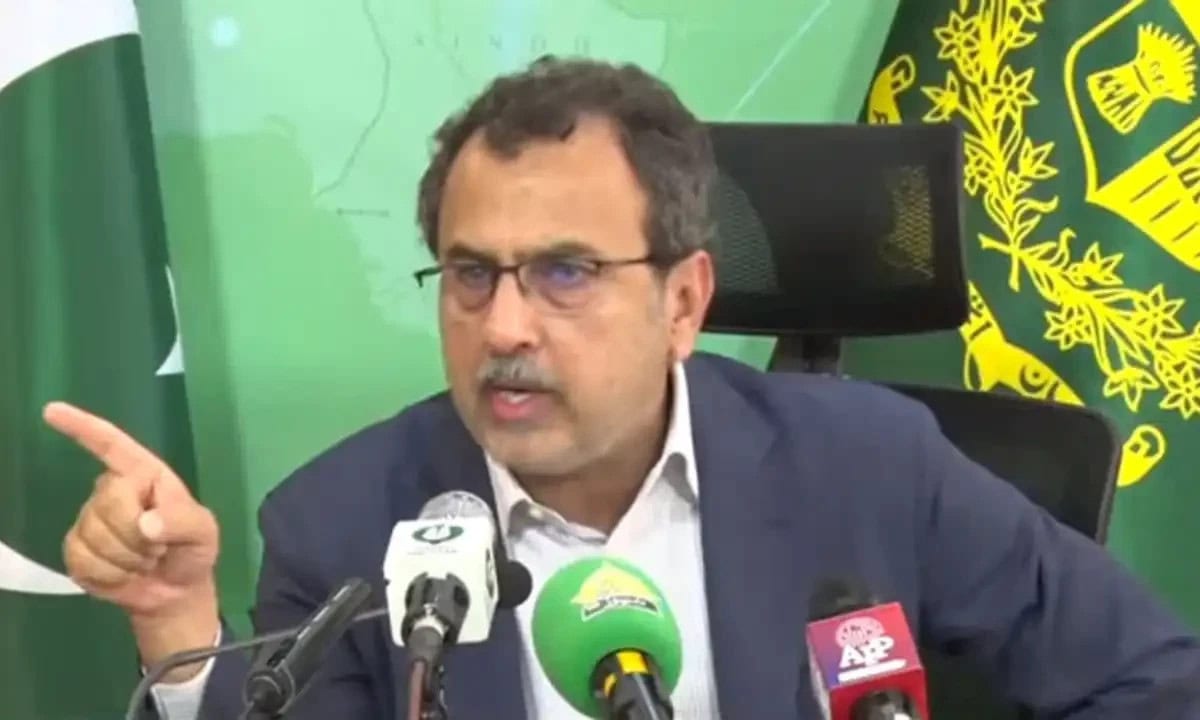Federal Energy Minister Awais Leghari announced that the next government would refrain from purchasing electricity, following revised agreements with Independent Power Producers (IPPs), which are expected to reduce electricity costs by up to Rs 5 per unit.
Speaking at a briefing session on the Electricity Facilitation Package at the FPCCI in Islamabad, Leghari emphasized the importance of the business community in driving the country’s economy. He highlighted that historically, Pakistan has failed to implement a formula for affordable electricity, noting that only 7,000 MW out of 17,000 MW currently purchased meets efficiency standards.
Leghari stated that no “sacred cows” remain in the power sector, revealing progress in restructuring agreements with 11 additional IPPs after terminating contracts with five others. “This is a revolution—such change does not happen in sit-ins at D-Chowk,” he remarked.
He further shared that contracts with bagasse power plants have been finalized, ensuring more affordable electricity. He criticized the misconception that hydropower is inherently cheap, asserting that reforms are underway to rectify inefficiencies.
Leghari highlighted the exorbitant electricity costs of Rs. 26 per unit, far exceeding regional averages, and promised that upcoming cabinet discussions would endorse the government’s decision to halt future electricity purchases.
The minister also noted the positive impact of improved governance through the appointment of Boards of Governors for electricity distribution companies (DISCOs). Over the first four months of the fiscal year, DISCOs reported losses of Rs. 11 billion, a significant improvement compared to the projected Rs. 350 billion. These reforms, he claimed, will reduce projected 10-year electricity purchase costs from Rs. 40 trillion to Rs. 32 trillion.

